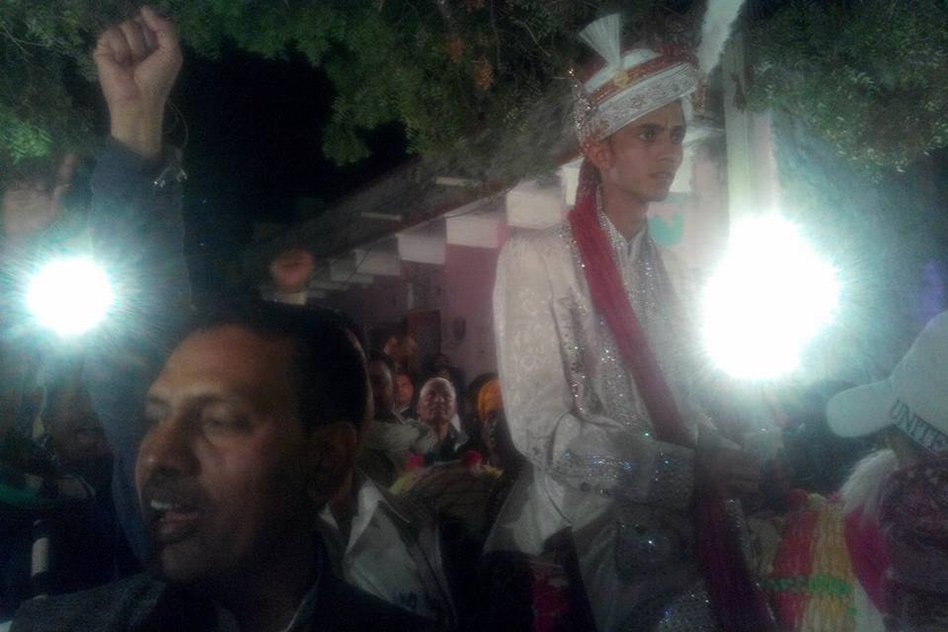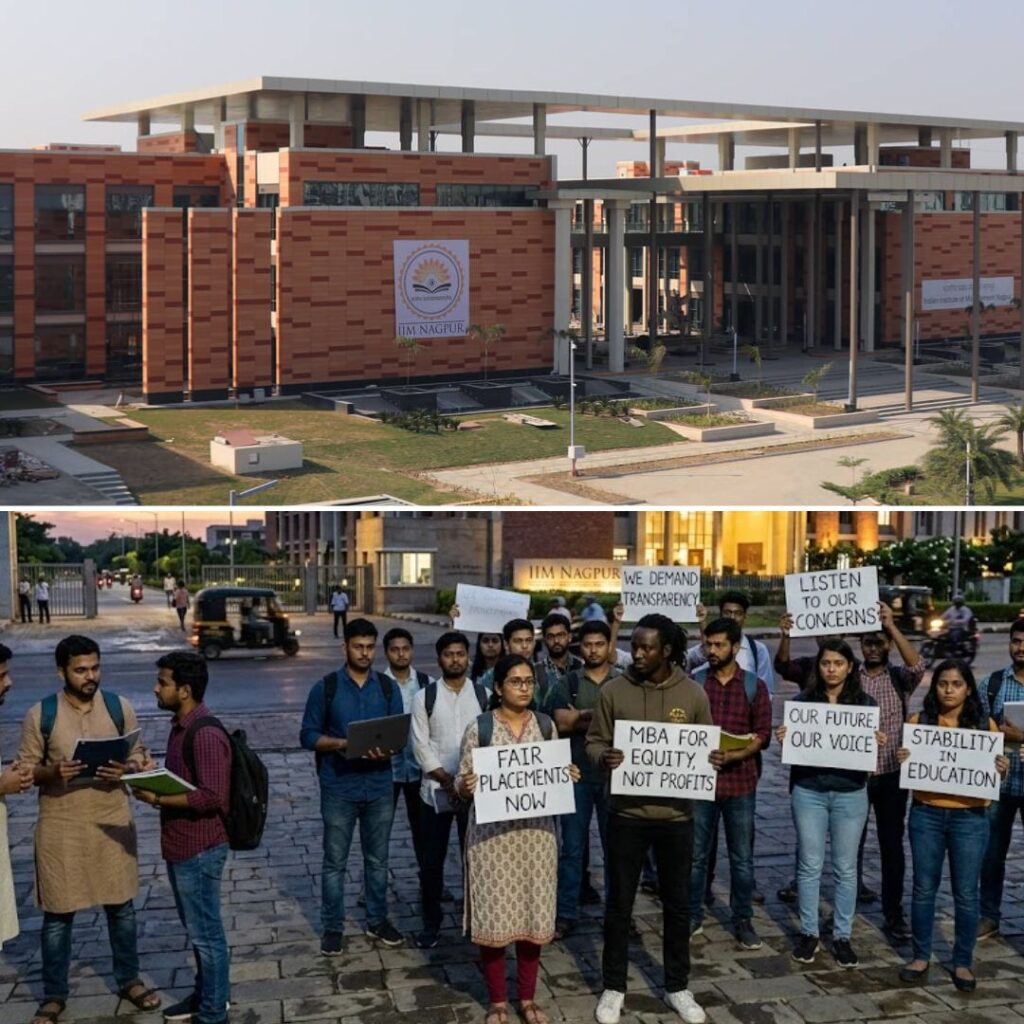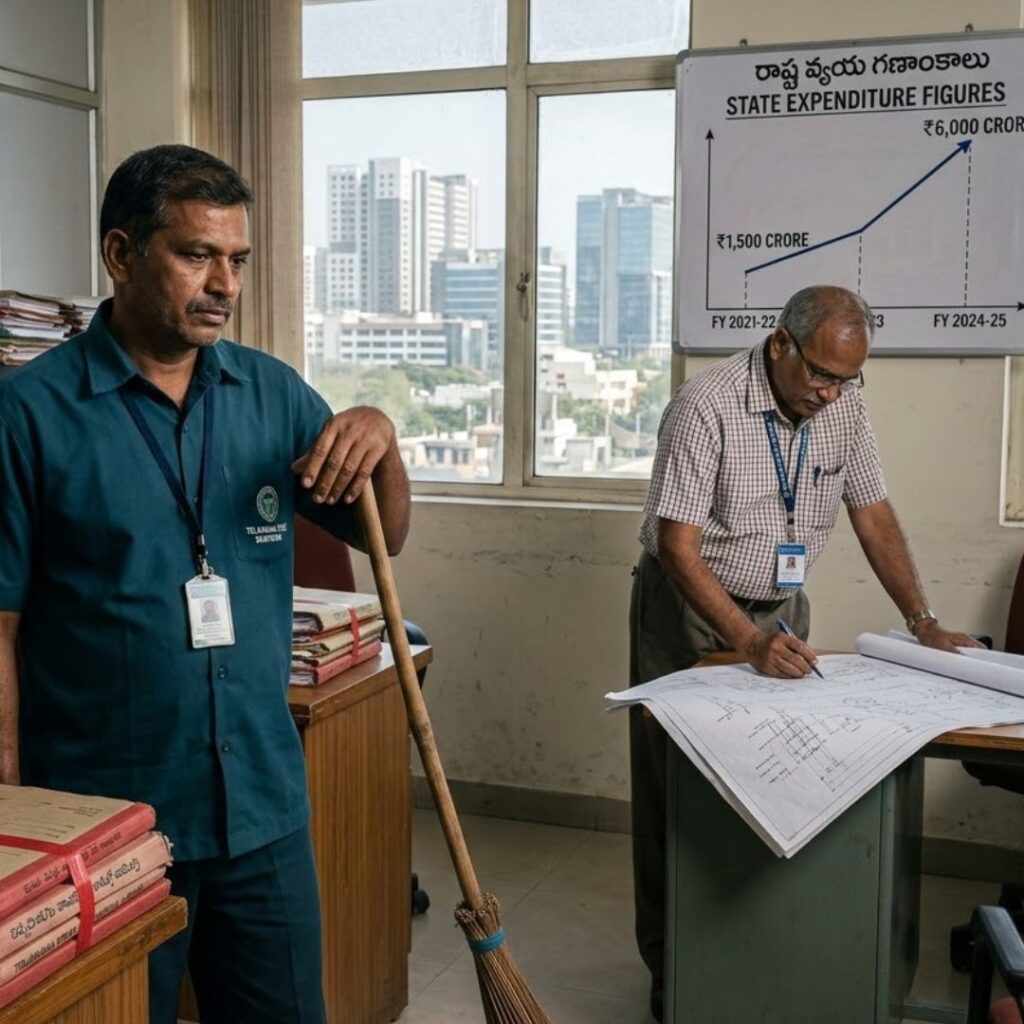News | Photographs Source - Bhanwar Meghwanshi
We often read news from rural India where grooms are beaten up for riding a horse if they belong to the certain caste. A small village from Rajasthan namely Bhadavo ki kotadi, which barely has a population of 2000 has a medieval tradition that no groom from lower caste should ride a horse in Baraat. Saroj Bairawa, a young girl who is a postgraduate in political science, hails from the village. When her brother Chandraprakash Bairawa was going to marry on 3rd February, she decided to change things for the better.
Caste is in the air
After finishing her study Saroj along with her sister Nirma used to teach at a private school. But some people from the village could not tolerate that a girl from ‘lower caste’ was teaching their children. Last year in the month of March some villagers reached to the school and brutally beaten her in front of school children. Saroj did not get scared of this coward attack and filed a case under prevention of atrocities act. The matter went to court after which villagers tried to convince her to take the case back and forgive the accused but Saroj was firm to fight the legal battle.
Unshackling of caste
This experience changed Saroj’s life. After this incident, Saroj decided to take her brother’s Baraat where the groom will ride a horse, there was whispering discussion among villagers that they would not allow Baraat to go through their mohallas. The atmosphere in the village became tense considering this Saroj approached Police Superintendent of Bhilwara and gave him a written statement explaining the situation and asked to give police protection. Saroj got a surprising reply from police, she was asked that if no one has ever ridden a horse then why you are dismantling this ‘tradition’. For Saroj, this was not just a matter to get right to ride a horse but it was reclaiming dignity and a basic right and custom which was firewalled from him for long
Administration takes control
Bairawa family got threats from villagers that they should not cross limit otherwise they have to pay the price for it. Finally, police had to give protection.
When Saroj’s story of struggle went viral on social media many social activists, civil servants showed their solidarity. Dataram who is an officer in Rajasthan Public service commission ordered administrative officers of Bhilwara to maintain peace in the village during the ceremony. In the evening of 3rd February, some people tried to stop Baraat and planned for stoning from rooftops but district administration successfully maintained peace. Representatives of many social and human rights organization were present at the moment. Finally, the procession passed through the entire village under the watchful eye of the administration.

The Logical Indian appreciates the courage shown by Saroj. It was not the just victory of Saroj or her family it was a victory of a battle where the dignity of human personality won over evil forces of casteism. As Dr. Ambedkar had rightly said, the battle of oppressed classes is not “for wealth or power. It is a battle for freedom. It is the battle of reclamation of human personality.” Even in the 21st century where we dream of becoming a superpower, there are millions of people in villages of India who are fighting for their minor rights.
-Yuvraj Sakhare












